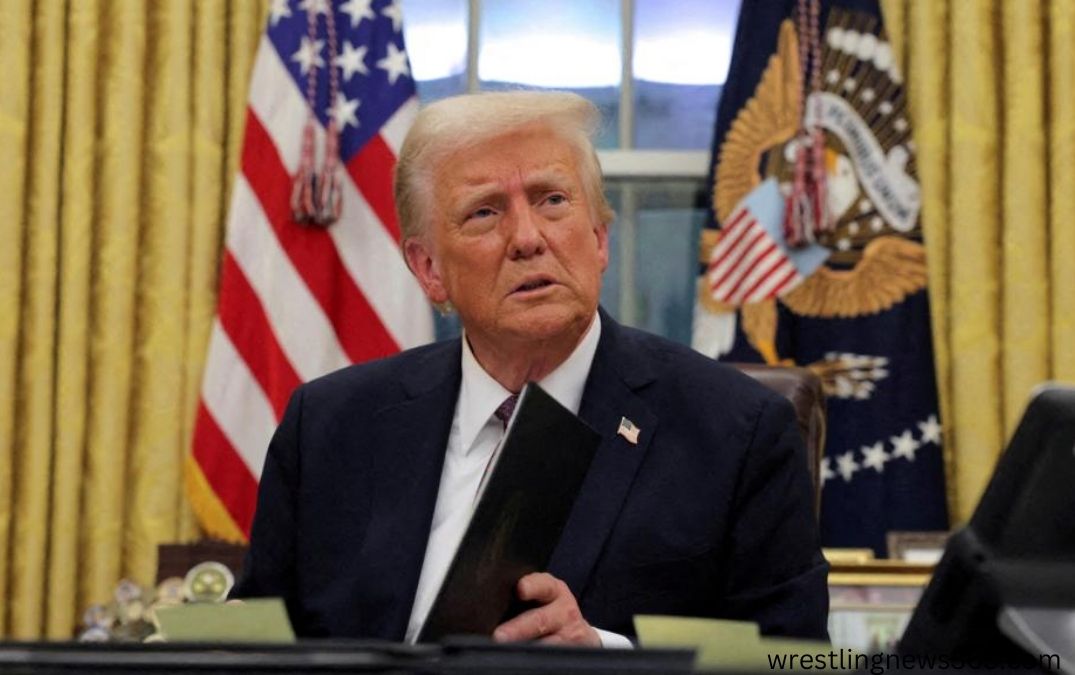In a startling moment during Tuesday’s White House press briefing, Press Secretary Karoline Leavitt declined to dismiss former President Donald Trump’s proposal to deport U.S. citizens convicted of violent crimes—despite the fact that such a move would likely violate both U.S. law and the Constitution.
Leavitt fielded a question regarding Trump’s public praise for Salvadoran President Nayib Bukele’s controversial offer: that El Salvador would be willing to accept American federal prisoners, including U.S. citizens, under a new deportation scheme. Trump appeared receptive to the idea, which critics have called illegal and unprecedented.
Pressed for details on how deporting American citizens to foreign prisons could be legal, Leavitt didn’t clarify the legal impossibility of such a plan. Instead, she hedged: “These would be heinous, violent criminals who have broken our nation’s laws repeatedly… The president has said if it’s legal, if there’s a legal pathway to do that, he’s not sure, we are not sure if there is.”
Despite her framing, the United States government cannot lawfully deport its own citizens—something even a cursory reading of constitutional protections makes clear. Nevertheless, Leavitt insisted Trump had simply “floated” the idea as part of his administration’s broader crime-fighting agenda.
However, the proposal’s origins appear less theoretical than the press secretary claimed. The idea was first pitched by a foreign head of state, not Trump himself. President Bukele, whose government has already received $6 million from the U.S. to detain alleged Venezuelan gang members, suggested expanding the deal to include U.S. citizens.
The administration’s legal position faced further scrutiny following the Supreme Court’s ruling this week on the use of the Alien Enemies Act (AEA). While the Court permitted continued use of the AEA for deportations, it upheld that detainees must be granted due process, including timely notification and an opportunity to contest their removal in court.
Justice Sonia Sotomayor, writing in dissent, warned the administration not to proceed with secretive removals: “To the extent the Government removes even one individual without affording him notice and a meaningful opportunity to file and pursue habeas relief, it does so in direct contravention of an edict by the United States Supreme Court.”
Leavitt attempted to downplay the ruling, claiming the decision only affirmed detainees’ right to file habeas petitions in the conservative-leaning Fifth Circuit Court of Appeals. But legal experts argue that the ruling underscores significant constitutional checks on the administration’s powers—even under the AEA.
In short, while the Trump team may continue to test the limits of immigration law, the notion of deporting U.S. citizens remains not only deeply controversial but fundamentally unconstitutional.











